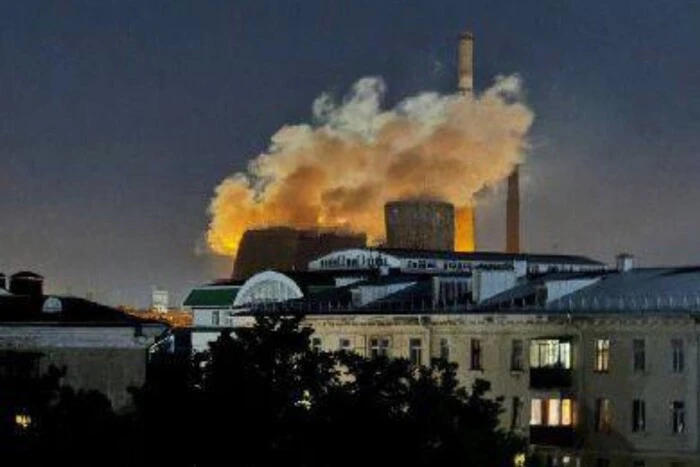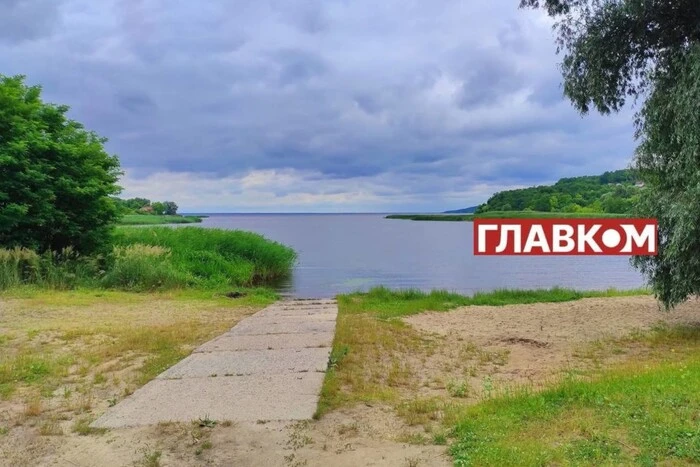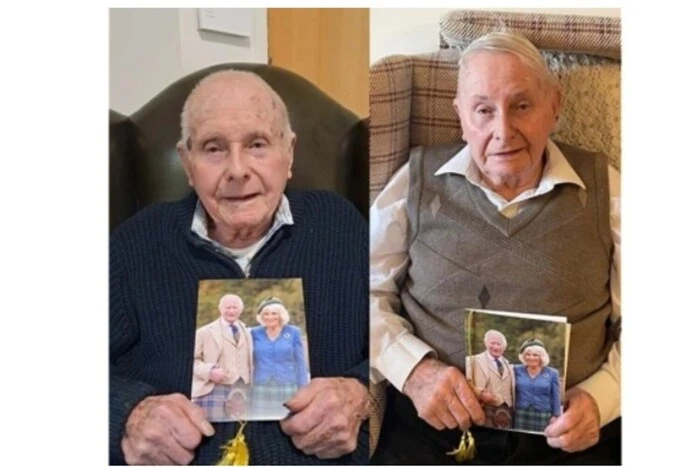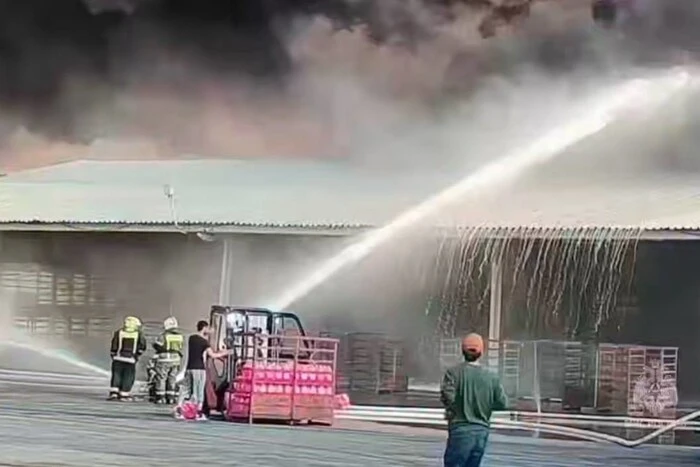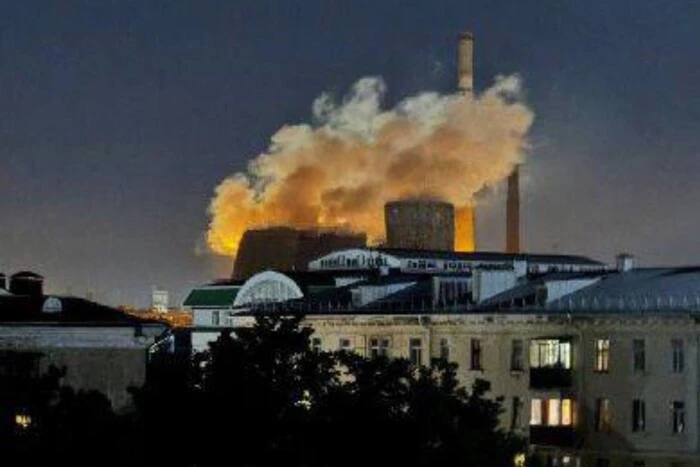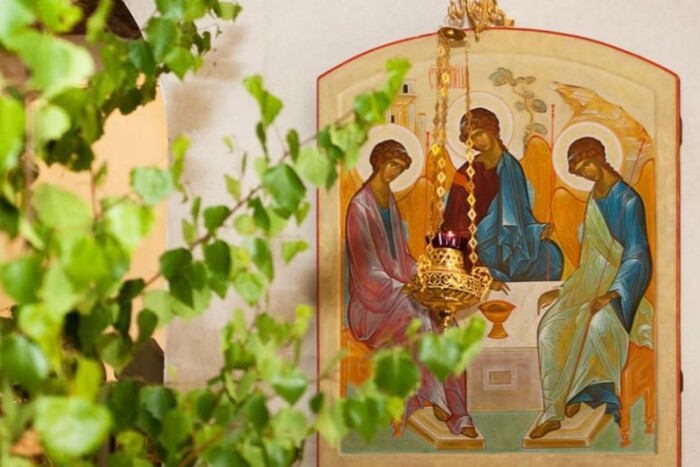Billboards with Putin and the ban on Ukrainian holidays: how Ukrainians live under occupation.
13.04.2025
2290

Journalist
Shostal Oleksandr
13.04.2025
2290
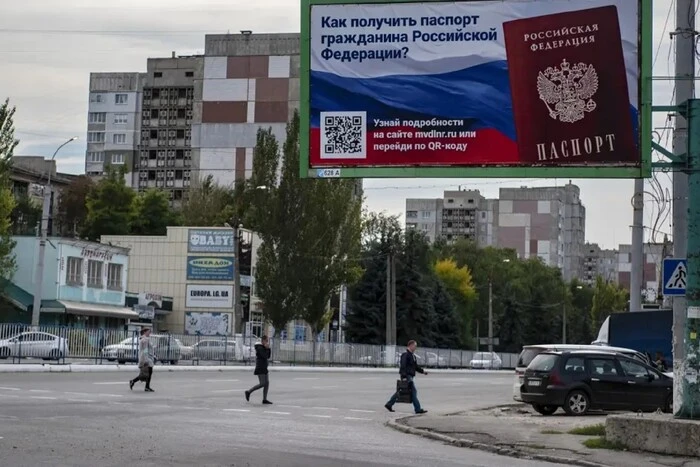
Ukrainians living in occupied territories face a brutal and repressive future. According to the 'Glavcom' portal, BBC journalists have published stories of people living in occupied territories. The Russian occupying authorities have already imposed strict restrictions aimed at destroying Ukrainian identity. Those who do not comply face harsh punishment. Due to the repression from the Russian authorities, communication with the media or even with relatives in the occupied territories becomes dangerous. The Kremlin has also launched a large-scale campaign to force Ukrainians in occupied territories to obtain Russian passports. There are reports that Ukrainians are denied medical care and freedom of movement if they do not accept Russian citizenship. One journalist told the story of Sofia, who now lives in the UK, but her parents are in the occupied Zaporizhia region. Sofia shared how carefully she speaks with her relatives because their communication can be monitored. About a year ago, my parents were searched by FSB officers. They confiscated their phones, accusing them of giving information to the Ukrainian army about the location of Russian troops. This was a lie, and the Russian military later told my parents that their neighbors had 'reported' them. So I try not to provoke anything like this. Sofia added that she has to read between the lines when she is told about what is happening, and that it is becoming increasingly difficult to communicate with her relatives. Sofia said that her parents cannot transfer their mobile phone or insure their car because they refuse to accept Russian citizenship. Eva, whose real name journalists also concealed, has a sister who works at the occupied Zaporizhia nuclear power plant. When we talk about the weather or our children, her mood changes. She tells me: 'You don't understand!'. I realize that she might be overheard on the phone since she works at the nuclear power plant. Another woman, Kateryna, spoke about her acquaintance in the occupied Kherson region who was sent to a punishment cell for communicating with her brother, who helped the Ukrainian army. Maria, who is also in the occupied territory, noted that Russian authorities are installing surveillance cameras to monitor any signs of dissent. In the city center, many cameras have been placed to monitor everyone and find activists. According to Maria, the streets in the occupied territories are covered with Russian propaganda. In the city center, there is Russian propaganda everywhere: posters with Putin's face, his quotes, people labeled as war heroes. There are also Russian flags hanging everywhere. Maria noted that the Russian authorities are trying to ban everything Ukrainian - language, traditions, and even Ukrainian holidays. Earlier, US special envoy Keith Kellogg stated that Russia would not liberate the occupied territories of Ukraine, but legally they are not part of Russia. There is also a possibility that Ukraine will be divided, similar to Berlin after World War II, as part of a peace agreement.
Read also
- Drones attacked a chemical enterprise in the Russian Federation: main news of the night
- In Ukraine, changeable cloudiness: weather forecast for June 8
- 100-year-old twins from Britain reveal the secret to their longevity
- A large fire broke out at a fuel warehouse in the Moscow region
- In the Tula region, UAVs struck the chemical industry enterprise 'Azot'
- Trinity 2025: traditions, signs, and the strictest prohibitions

